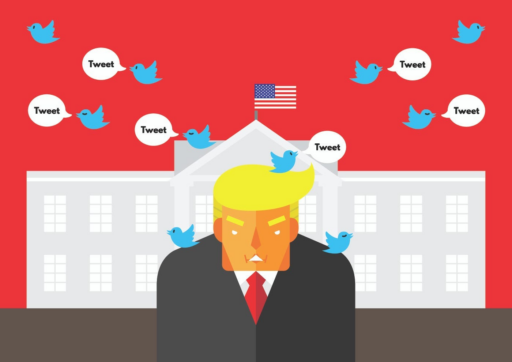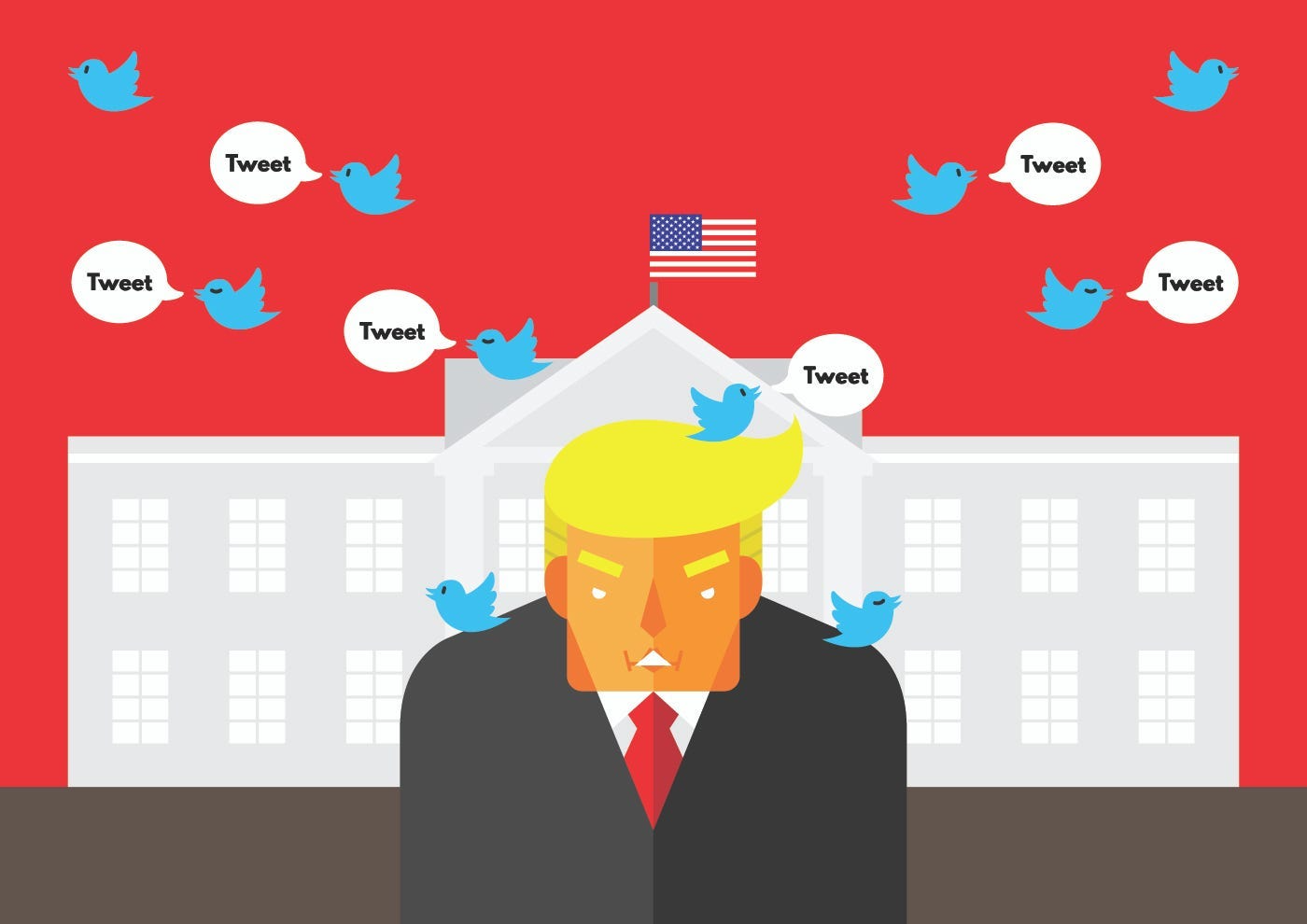Social media has profoundly changed how political discussions take place in our society. Platforms like Twitter, Facebook, and Instagram have importantly opened up debate, allowing many more individuals and perspectives to contribute. However, this new environment also introduces real challenges we must address thoughtfully.
Where conversations were once confined, anyone can now share their views and influence others globally. While this accessibility is empowering, the lack of filters means misinformation can spread quickly. Marginalized communities in particular have found their voices amplified through hashtag movements that raise awareness of vital issues. However, some argue that this new discourse rewards sensationalism over accuracy.
By seeing only perspectives that confirm our own biases, it’s easy for divisions to emerge online where nuance once lived. Yet used constructively, hashtags have undeniably mobilized support for just causes. The question is how to maintain this potential for positive change while addressing polarization.
Understanding different experiences could help, rather than accusation. While slogans unite, discussion unearths common ground. And where emotions run high, pausing to verify facts prevents distortion.
As with any new technology, its impact depends on how we guide it. If we approach others and information with open but discerning minds, social media may continue to democratize debate without forfeiting integrity or cooperation. But this calls for mindfulness, and a shared willingness to seek truth over temporary advantage. Our collective future depends on finding balanced solutions to these emerging challenges.






